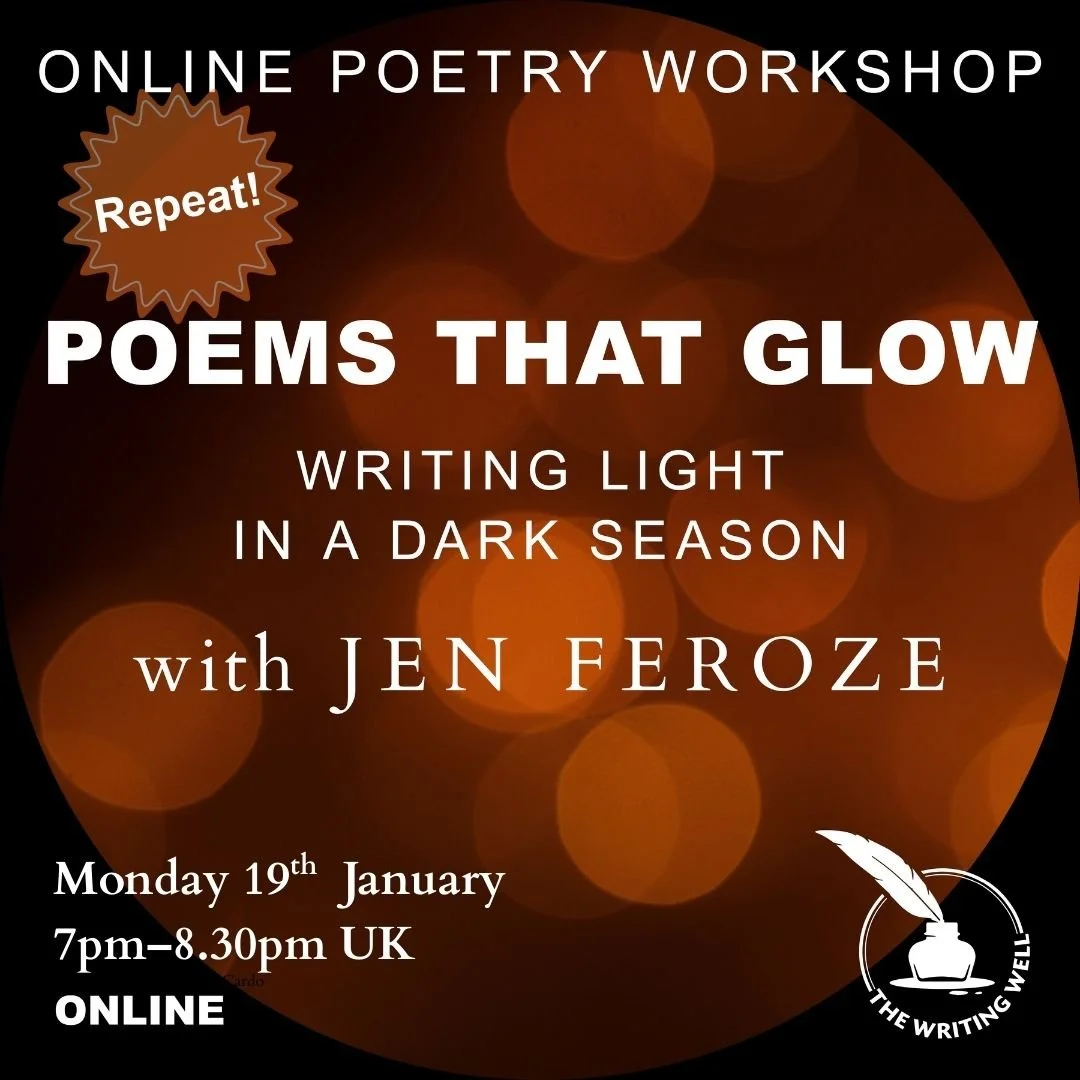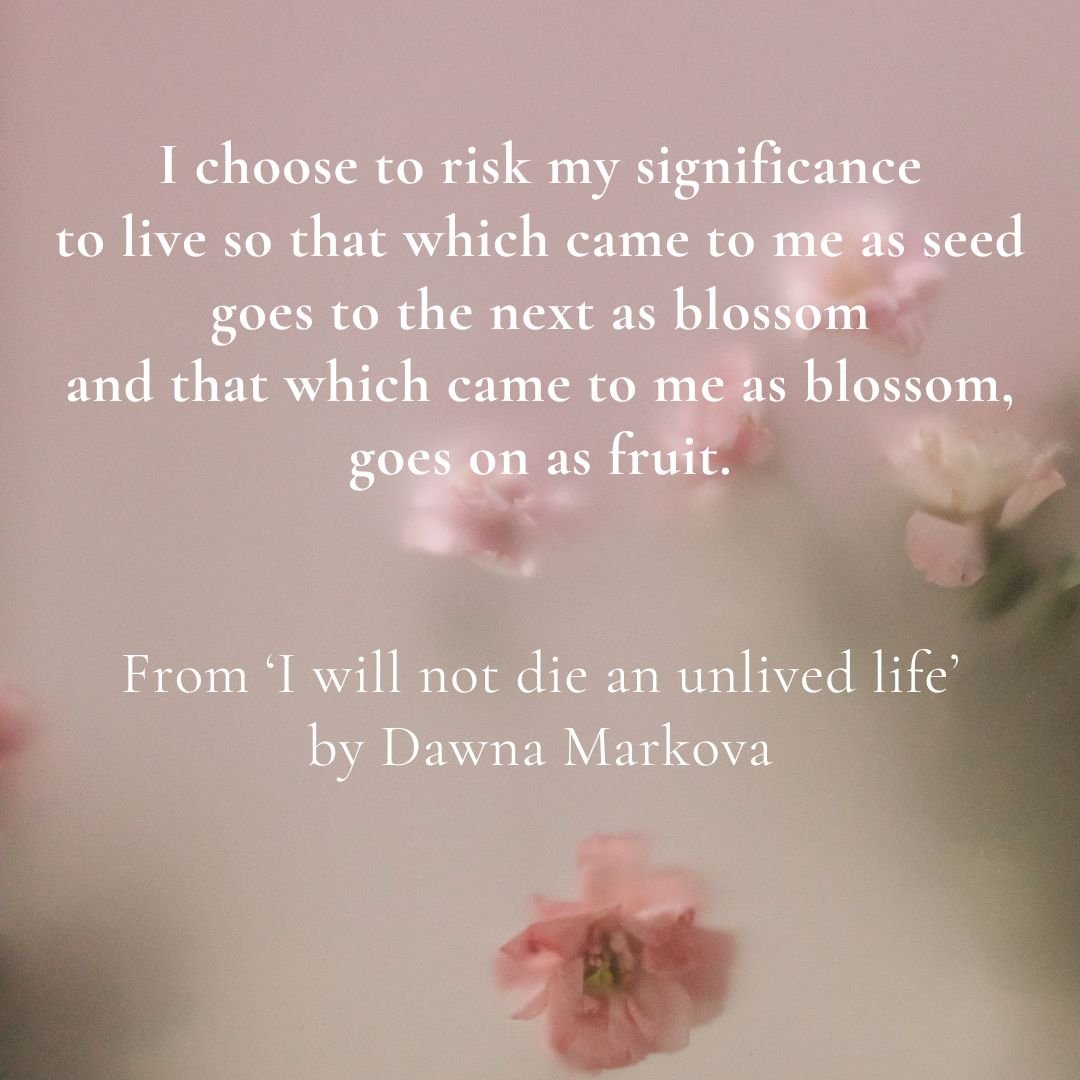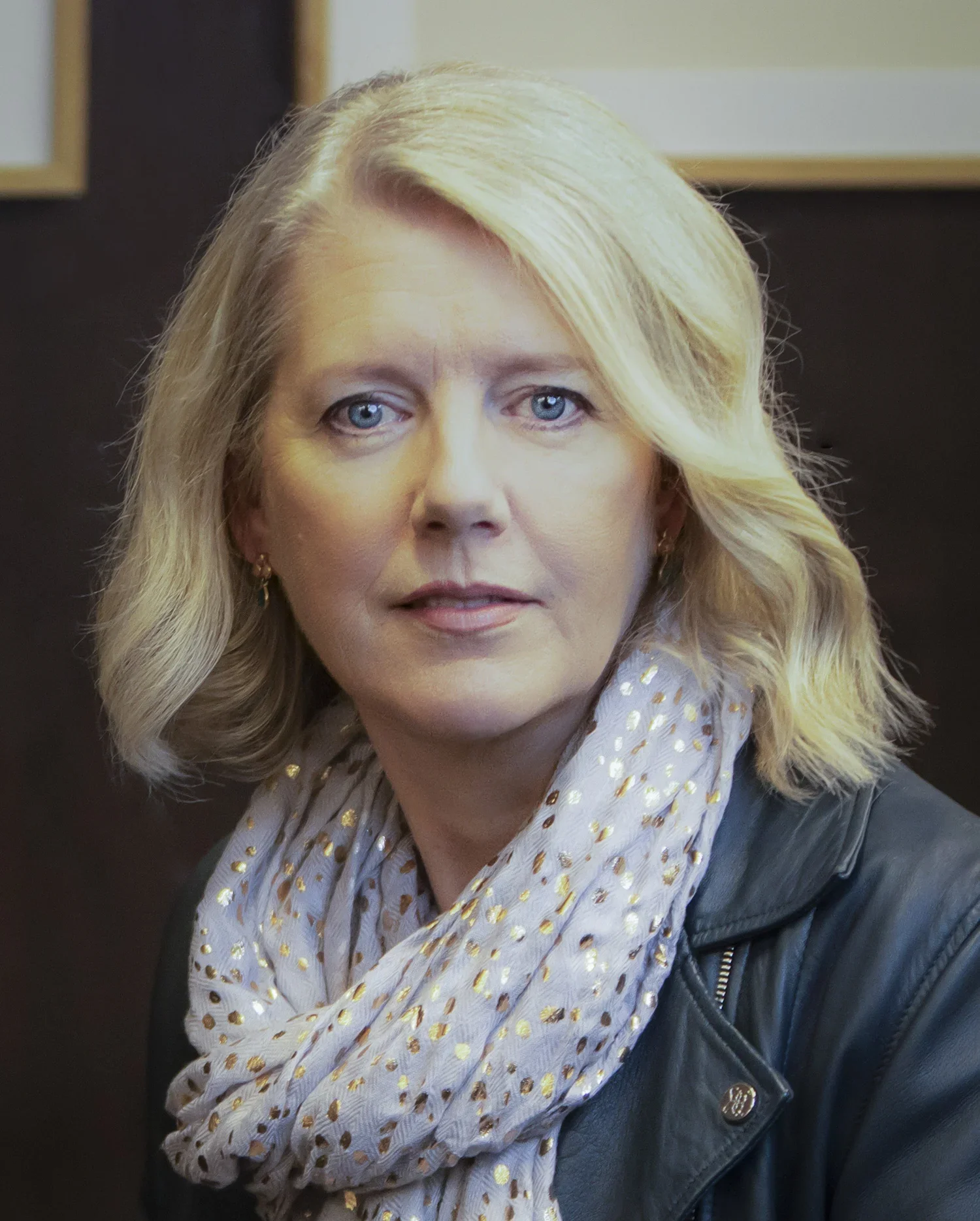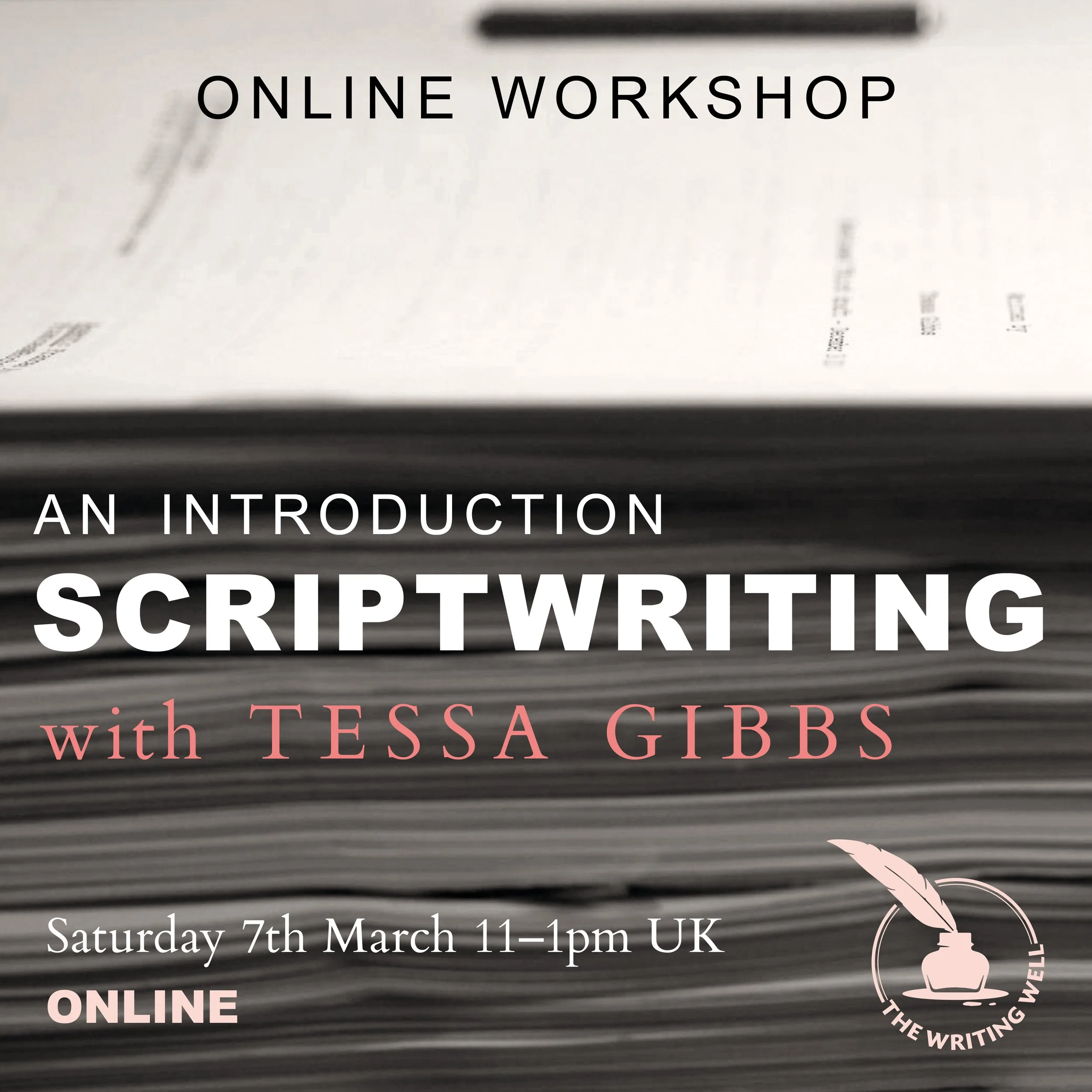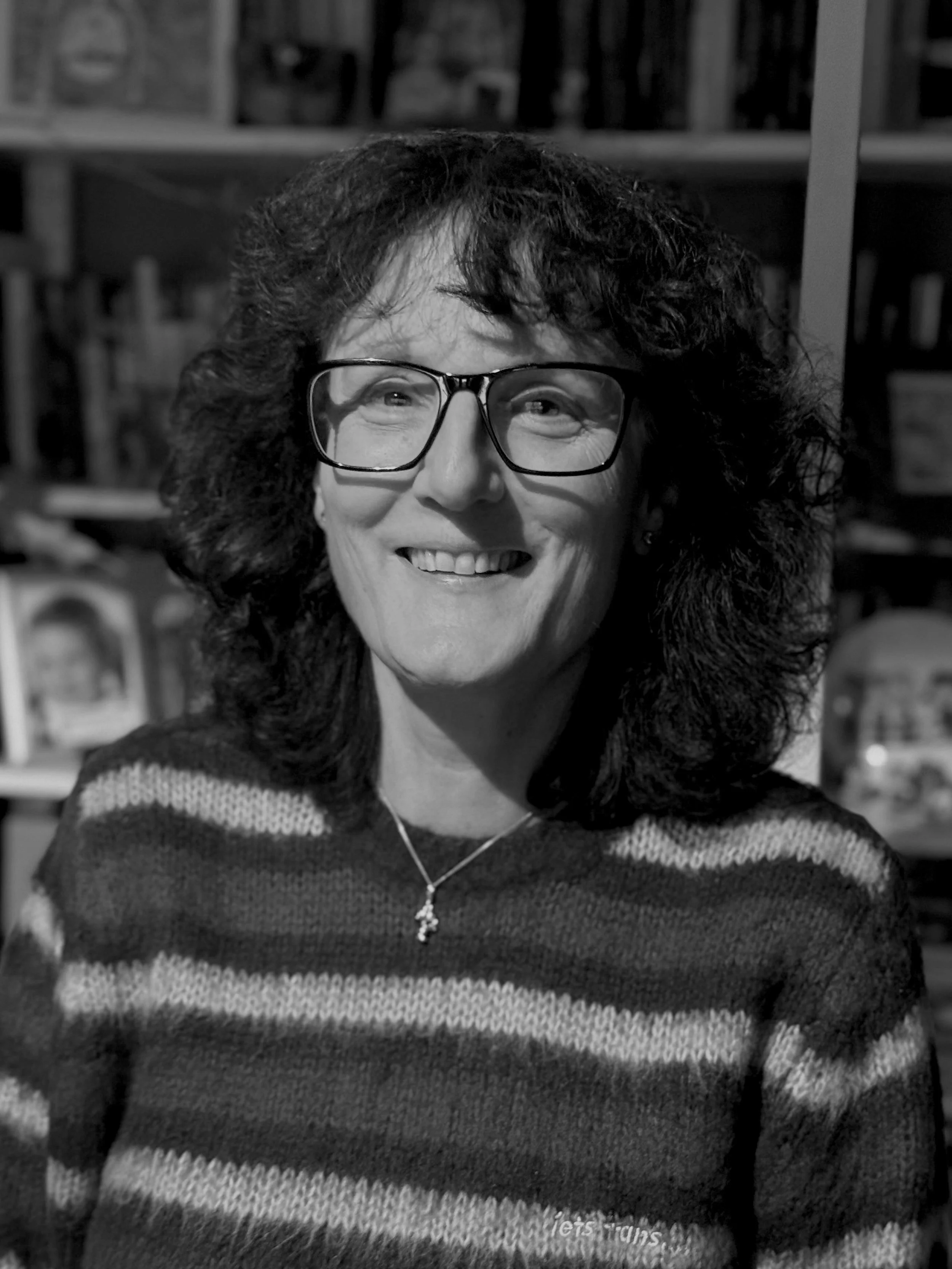
HAIKU IN WINTER | Online workshop with Alex Corrin-Tachibana | Saturday 3rd Feb
We are so delighted to have filled all the available spaces 2 weeks before the workshop! If you were planning to join us, do not fear! We are planning to rerun the workshop in a 2-hour format one evening - are you interested? Drop me a line and we can see if we can accommodate everyone who couldn’t make it first time round.
Settle with us for a morning exploring the Japanese poetry form, Haiku. We will use the time to reflect on the winter that has been under the watchful guidance of poet Alex Corrin-Tachibana, while we learn about the details of this most mindful of poetic practices, with a wonderful poet and teacher who has lived and written in Japan for a decade.
Alex writes:
In the tenth century, Sei Shōnagon, a lady of the Heian court, wrote in her Pillow Book how delightful it was to inscribe the poems of the emperor. She also recounted how it was traditional to recite a considerable number of poems at court, and to challenge the ladies of court to write down poems they knew by heart.
Haiku might be regarded as Japan’s most successful poetic export, and no doubt most of us will have encountered westernised versions of haiku at school. But did you know that in Japanese schools all students are encouraged to compose New Year haiku? Or that it is traditional to present the emperor with a birthday haiku? And how much do you know about the importance of the seasons in Japanese culture, and of seasonal words and tropes?
Drawing on my decade’s experience of living, teaching and family life in Japan, and my Masters’ studies in Japanese language and culture, this session will introduce winter haiku and traditions synonymous with that season, such as seasonal foods like 年越し蕎麦 (Toshikoshi Soba) and the symbolism inherent in culinary traditions and seasonal activities. We will discuss our own traditions, feelings evoked by winter, and how we might use haiku to promote mindfulness.
You can expect generative prompts and time to share a line or two from your writing if you wish, and introductions to haikuists based in Japan, Britian and Ireland. The workshop offers bespoke recordings of haiku, both in English and Japanese, including from British haikuist, Matthew Paul.
Finally, we will round off the session with a brief introduction to another Japanese form- the Zuihitsu.
What people have said about Alex:
She is a wonderfully inspiring and generous facilitator who is always thinking about the best way to combine the space to practice writing poems with learning from already established poets.
Alex facilitated in a warm, thoughtful and supportive manner which created a safe space for participants to share ideas and extracts from their writing.
She has provided a rich mix of innovative material, facilitated inspired group discussions, and I have come away buzzing with ideas for new work!
Alex's workshops have introduced me to some of my new favourite writers. I would wholeheartedly recommend!
Places are limited, early booking recommended to avoid disappointment.
Fee: £30
Alexandra Corrin-Tachibana has an MA in Writing Poetry from Newcastle University and an MA in Japanese Language from Sheffield University. Until this December, she also taught creative writing at Newcastle University.
She has an intimate knowledge of Japanese poetic form, having lived in Japan for ten years.
Her most recent work appeared in PN Review, The Moth, Poetry Wales, Fenland Poetry Journal, Tears in the Fence and The Alchemy Spoon. Online her poems can be read in Anthropocene, The High Window and London Grip.
She came third in the 2020 Oxford Brookes International Poetry competition, has been shortlisted for the Winchester and Troubadour prizes, and had two poems shortlisted by Billy Collins, for the 2022 Fish Prize.
Her debut collection, Sing Me Down from the Dark, is published by SALT.
Praise for Sing Me Down From the Dark:
‘Charting a cross-cultural relationship through courtship, wedding and a marriage’s slow disintegration, this collection carries us across continents and years through love, disappointment and anger towards a new beginning. Vulnerable, direct and formally exact, these are generous, courageous and devastating poems that will draw you in, hold you close and leave you feeling wrung out but triumphant.’
—Jacqueline Saphra
We are so delighted to have filled all the available spaces 2 weeks before the workshop! If you were planning to join us, do not fear! We are planning to rerun the workshop in a 2-hour format one evening - are you interested? Drop me a line and we can see if we can accommodate everyone who couldn’t make it first time round.
Settle with us for a morning exploring the Japanese poetry form, Haiku. We will use the time to reflect on the winter that has been under the watchful guidance of poet Alex Corrin-Tachibana, while we learn about the details of this most mindful of poetic practices, with a wonderful poet and teacher who has lived and written in Japan for a decade.
Alex writes:
In the tenth century, Sei Shōnagon, a lady of the Heian court, wrote in her Pillow Book how delightful it was to inscribe the poems of the emperor. She also recounted how it was traditional to recite a considerable number of poems at court, and to challenge the ladies of court to write down poems they knew by heart.
Haiku might be regarded as Japan’s most successful poetic export, and no doubt most of us will have encountered westernised versions of haiku at school. But did you know that in Japanese schools all students are encouraged to compose New Year haiku? Or that it is traditional to present the emperor with a birthday haiku? And how much do you know about the importance of the seasons in Japanese culture, and of seasonal words and tropes?
Drawing on my decade’s experience of living, teaching and family life in Japan, and my Masters’ studies in Japanese language and culture, this session will introduce winter haiku and traditions synonymous with that season, such as seasonal foods like 年越し蕎麦 (Toshikoshi Soba) and the symbolism inherent in culinary traditions and seasonal activities. We will discuss our own traditions, feelings evoked by winter, and how we might use haiku to promote mindfulness.
You can expect generative prompts and time to share a line or two from your writing if you wish, and introductions to haikuists based in Japan, Britian and Ireland. The workshop offers bespoke recordings of haiku, both in English and Japanese, including from British haikuist, Matthew Paul.
Finally, we will round off the session with a brief introduction to another Japanese form- the Zuihitsu.
What people have said about Alex:
She is a wonderfully inspiring and generous facilitator who is always thinking about the best way to combine the space to practice writing poems with learning from already established poets.
Alex facilitated in a warm, thoughtful and supportive manner which created a safe space for participants to share ideas and extracts from their writing.
She has provided a rich mix of innovative material, facilitated inspired group discussions, and I have come away buzzing with ideas for new work!
Alex's workshops have introduced me to some of my new favourite writers. I would wholeheartedly recommend!
Places are limited, early booking recommended to avoid disappointment.
Fee: £30
Alexandra Corrin-Tachibana has an MA in Writing Poetry from Newcastle University and an MA in Japanese Language from Sheffield University. Until this December, she also taught creative writing at Newcastle University.
She has an intimate knowledge of Japanese poetic form, having lived in Japan for ten years.
Her most recent work appeared in PN Review, The Moth, Poetry Wales, Fenland Poetry Journal, Tears in the Fence and The Alchemy Spoon. Online her poems can be read in Anthropocene, The High Window and London Grip.
She came third in the 2020 Oxford Brookes International Poetry competition, has been shortlisted for the Winchester and Troubadour prizes, and had two poems shortlisted by Billy Collins, for the 2022 Fish Prize.
Her debut collection, Sing Me Down from the Dark, is published by SALT.
Praise for Sing Me Down From the Dark:
‘Charting a cross-cultural relationship through courtship, wedding and a marriage’s slow disintegration, this collection carries us across continents and years through love, disappointment and anger towards a new beginning. Vulnerable, direct and formally exact, these are generous, courageous and devastating poems that will draw you in, hold you close and leave you feeling wrung out but triumphant.’
—Jacqueline Saphra



